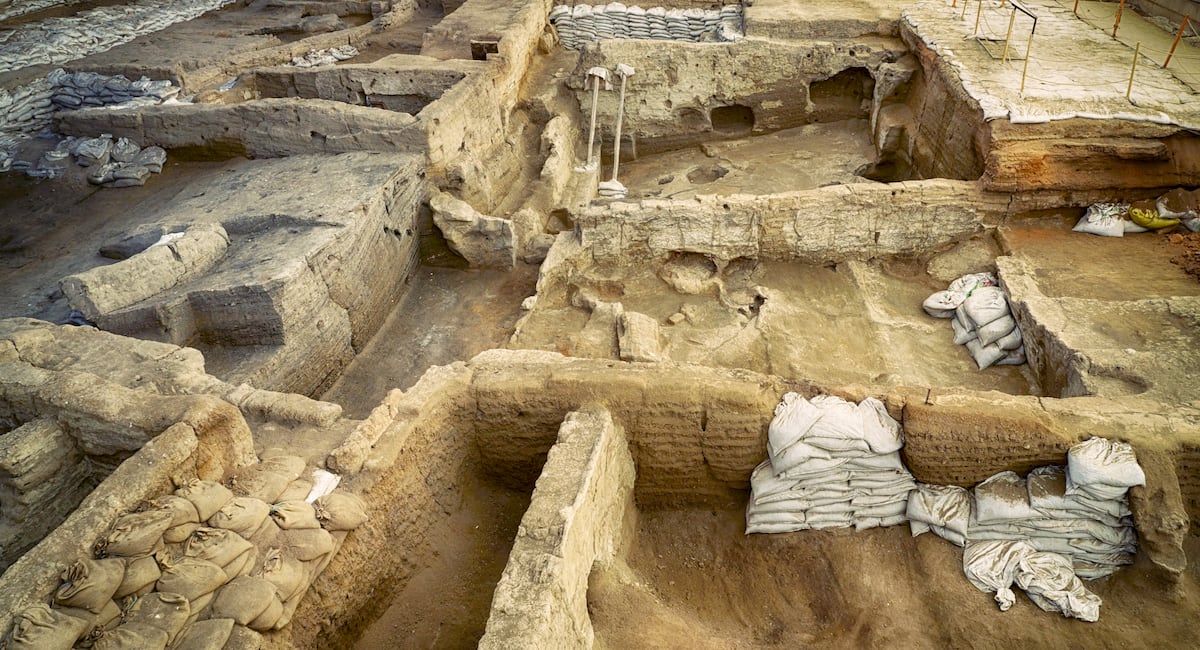
"The study published in PNAS, examining 53,000 houses from over 1,000 archaeological sites, reveals that inequality arose generations after the transition from hunter-gatherer societies."
"Rousseau's arguments about wealth disparities linked to complex societies are revisited by the GINI Project, using modern tools to measure inequality across history."
A recent study challenges Jean-Jacques Rousseau's idea that wealth disparities emerged simultaneously with the formation of complex societies. Analyzing data from 53,000 houses over 10,000 years, researchers involved in the Global Dynamics of Inequality (GINI) Project conclude that social inequality did not arise until long after humans transitioned from hunter-gatherer lifestyles. This research employs modern scientific tools to measure historical inequality, aiming to provide clarity on the timeline of social stratification, with implications for understanding how and when social hierarchies began to emerge.
Read at english.elpais.com
Unable to calculate read time
Collection
[
|
...
]